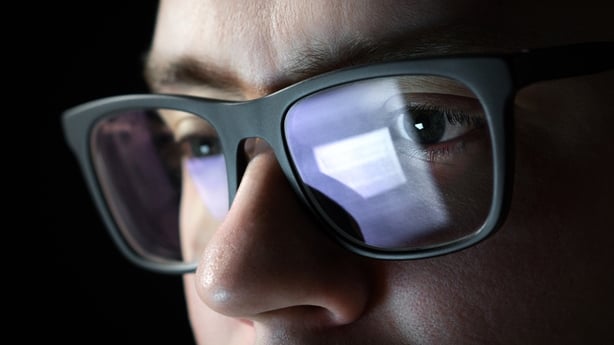Filling in for Jennifer Zamparelli on RTÉ 2FM, Aifric chats to Adrian Weckler, Tech Editor with the Sunday Independent and Irish Independent, about online DNA tests. Listen back above.
When Adrian Wreckler received an e-mail from a stranger with the same surname, asking if they could possibly be related, it kicked off a domino effect that led the Tech Editor to look into the privacy issues associated with online DNA tests.
Wreckler had previously written about the rising popularity of people handing over their DNA to private companies, and although he had the viewpoint that handing over such personal data without knowing whom it might be shared with was risky, he decided he needed to 'walk the walk'.
Sending his DNA off in the post to 23andMe, Adrian says the results he received were "fairly extraordinary" both from a health perspective as well as the traits he may dispositioned to.
"There are 59 potential serious health conditions that a sample of DNA that you have given will indicate, according to their testing, whether you might be vulnerable to those conditions," he explains.

The one potential health issue that was flagged in Adrian's DNA matched that of his family history, but he reminds listeners that this kind of test is never a replacement for going to a medical professional.
When it comes to his ancestral breakdown, it seems that the Tech Editor is "much more closely related to Neanderthals", and says his background was "much less diverse" than he expected.
The most interesting thing that he found from the test results, were the traits he was likely to have picked up thanks to his genetics.
"It got to a section called wellness and traits. This is 45 different [sections], and I'm talking about thing like the ability to match musical pitch or whether you have back hair or whether you're more or less likely to have a fear of public speaking or hate chewing noises. Almost all of them were accurate."
One thing the test did get wrong, however, is that it reported that Adrian was likely to have detached earlobes: "I took grave offence at that," he laughs.

Although there are some benefits to taking a test such as this, the risks involved are still yet unknown. Aifric asked Adrian about the chances that an insurance company or other company could get their hands on our DNA data.
"To me, that is the $64,000,000 question," he says. "On the face of it, they seem to be low for two reasons. First of all, Irish law forbids it. There is an actual, specific Irish law - The Disability Act 2005 - which specifically calls out genetic data and says that it is not allowed, ever, to be used to judge, for example, an insurance policy or a life insurance policy or health insurance or mortgage or employment or anything like that."
The risk of your most personal information - information that you fundamentally can not change - being hacked or monetised in the coming years is a scary one.
Although the company "swears absolutely blind" that such a leak wouldn't happen, Adrian has some concerns.
"As someone who writes a lot about data privacy and GDPR, I am conscious that its largely an American company, it's outside the European Union, which means that I can't really rely on the protections that I would have in Europe, over all."
Adrian reminds listeners that if you are taking out a health insurance policy, you don't have to include any information from an online DNA test.

Looking to the future, the Tech Editor told Aifric about an Irish start up that currently offers at-home STD and health checks.
Having spoken to the company's CEO, he says that the next steps may be an at-home DNA test followed by the possibility of a monthly health service that would deliver supplements to keep individuals health from the specific ailments they may be prone to.
Similarly, Adrian speculates that DNA testing companies or health providers may offer users the option of making profiles public for some positive benefit or another. However, he believes the risk to privacy will remain the same.
To listen back to the interview on RTÉ 2Fm in full at the top of the page.


